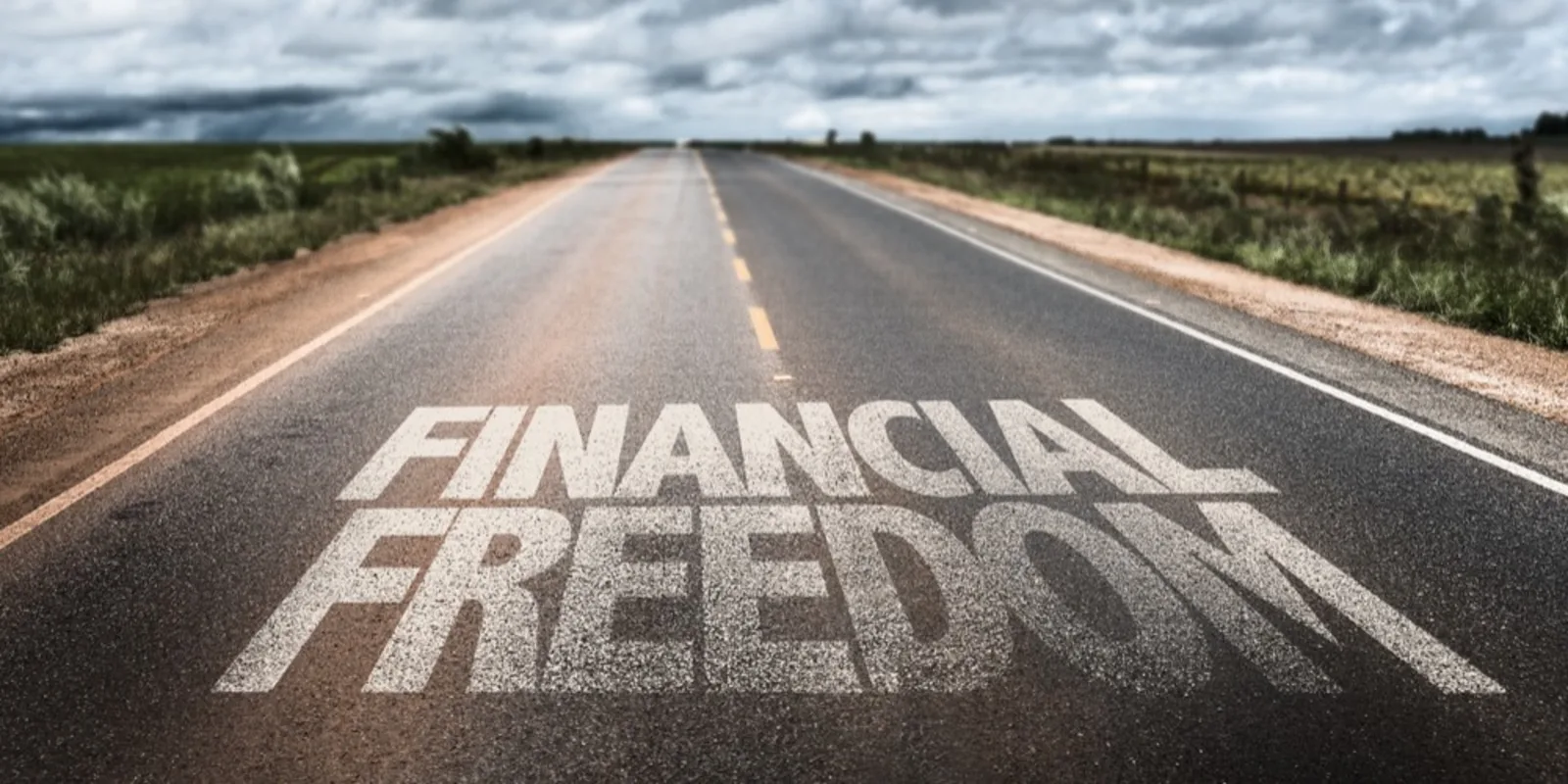
So have you heard that PA school is expensive? Well, that might be an understatement. If you look at estimated costs for PA school, you’ll see a broad range from five digits all the way to hundreds of thousands of dollars. That’s a lot of zeros.
Take the minimum amount of loans possible!Thankfully, I went to a public program. My second choice would have cost four times as much. Unfortunately, that’s the norm. I lived with my parents for the first year, and I only took out loans to cover tuition.
If there’s any way you can make payments during PA school, do it (even if it’s a small amount). I took out federal loans. I made an interesting, somewhat subconscious, decision not to look at how much I owed until the end of PA school. I figured it wouldn’t make any difference since I wasn’t able to start paying them off yet. If you get any extra income, have a spouse who works, or savings, think about putting some of it towards your loans. Those small payments make a big difference in the long run, especially with high interest rates. When I pulled up my loan summary, I owed around $75,000, and that was shocking to me. I know PA school costs a lot more for many people, but you can’t deny that 75K is a big chunk of money. I mean, that’s the average starting salary for a new grad PA. About 55K was principal (meaning I had actually borrowed that much), and the other 20K was interest (the fee for the money I borrowed). My interest rates were varied but averaged at 6%.
If possible, start making payments during your grace period. After you graduate, there’s a grace period where you are not required to make payments on your loans. While you don’t have to make payments, your interest is compounding and growing. From day one of getting a paycheck, it helps if you start making payments right away. You won’t miss the money if you already have it dedicated to your loans.
Decide how much you want to put towards loans each month, and do it. My original goal was to put at least half of my salary, and any bonuses, each month towards my loans. But then I started buying anything I wanted, and putting leftovers towards loans. That lasted about 2 months before I got myself in check. After working hard in school with no compensation, it can be easy to go crazy.
Try to put extra funds towards your loans. After you’ve put your committed amount towards loans, if you have extra money coming in, put it towards your loans. Every little bit makes a difference. I don’t think I would have paid off my loans as quickly as I did if I hadn’t done this. I started working in August 2014, and in January 2016 I made my last loan payment! It felt awesome. It took my entire bonus/commission and drained our bank account, but it was worth it. A weight has lifted off my shoulders, and I have more freedom. I can think of specific purchases I made that delayed my final payment, and they probably could have waited.
Make frugal choices while paying your loans, not extravagant ones. Now, instead of going to the beach a few hours away, I can afford a trip to the Dominican Republic without feeling guilty for not paying towards my loans.
Do what works for you. Everyone is different, and not everyone will agree with how I did things. That’s OK, and I’m extremely happy with where I am: debt free and able to start saving and making good financial decisions. I’m a generally frugal person anyways, but I can splurge on something like a vacation or good meal. Making big purchases, like furniture, are a lot more fun now, too.
At the end of the day, your loans will be paid off at some point. It may not be as soon as you would like, and you’ll probably make some mistakes, but it will happen! If you have any other tips about paying off loans, please comment.
Savanna is currently practicing full-time as a physician assistant in dermatology. She also runs The PA Platform, a site that provides information about the PA profession and helps hopeful pre-PA students achieve their goals.
Image via EBS Professional/Shutterstock.com







